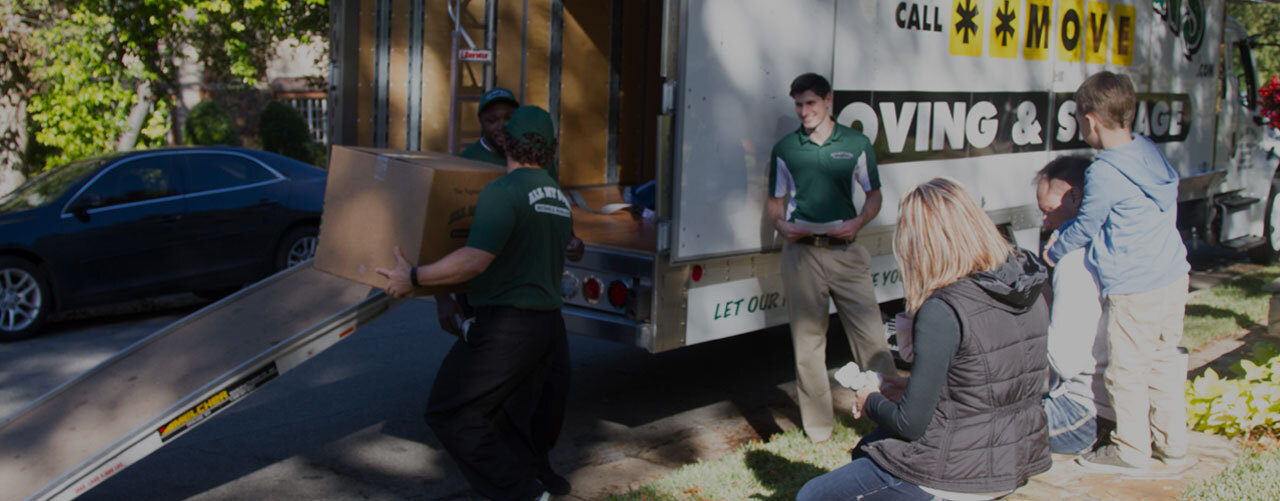Learn to Recycle Cardboard
Be Green; Learn How To Recycle Cardboard!
The United States is one of the top recycling countries in the world. Now, it may be hard to believe when you look at the dump sites because there’s so much trash! Clearly, it means that the country is not doing enough recycling. If people are better educated about the benefits of recycling and more people play their roles in the recycling process, close to 85 percent of the total waste in the US can be recycled. Everybody has the choice to recycle or not to recycle. When people learn more about why it’s important to recycle, they should be moved to make an increased effort to recycle.
What is Recycling?
Recycling is a total process in which unused items are collected, separated, and processed so that they can be reused or remanufactured into new items. Recycling is the third part in the 3R concept of Reduce, Reuse, and Recycle. To begin, it’s essential to reduce the amount of waste which is brought to the landfills. Items that are not used or needed should be reused. If the item is in relatively good condition, it’s a good idea to donate it. To complete the cycle, used materials should be recycled into similar materials for the production of new items.
Benefits of Recycling
One of the main benefits of recycling is the reduction of energy. When used materials are recycled, the need for new materials is decreased, and energy is saved. As the amount of industrial production is reduced, greenhouse gas emissions will be lower, which is better for the environment. When newspapers are recycled, the material can be used to produce newspapers or other paper products. This can save a lot of trees.
Recycling Paper
Paper recycling involves the recovery of waste paper and reprocessing it into material which can be used to manufacture new products. The types of paper which can be recycled are known as pre-consumer waste, post-consumer waste, and mill broke. Pre-consumer waste refers to paper which is thrown away before it is used. Post-consumer waste refers to paper which is thrown away after it’s used. Some examples of post-consumer waste are office waste, old magazines, old newspapers, and old telephone books. Mill broke refers to scrap paper and trimmings. This type of paper waste can be recycled at a paper mill.
Recycling Plastic
In plastic recycling, plastic waste is reprocessed into new plastic material. In comparison to the manufacture of fresh plastic materials, plastic recycling is estimated to cost 20 to 40 percent less energy. Some examples of plastic items which can be recycled are milk cartons, water bottles, shampoo bottles, peanut butter jars, liquid soap containers, trash bags, and plastic soda bottles. To find out if a plastic item is recyclable, just look at the 1 or 2 marking with the recycling symbol on the bottom. In the United States, more than 200,000 jobs are created via the business of plastic recycling.
Other Recyclable Materials
Other than paper and plastic, other recyclable materials include metals, rubber, textiles, and glass. To encourage people to recycle, most cities have their own recycle program. Take advantage of the weekly pick up service to clear the recyclable materials from your home. In most cases, there’s a list which outlines items which are acceptable or unacceptable by the container.
Recycling Links
: Excellent overview of recycling.
Recycling and Waste Reduction Resources
: A guide to recycling by EPD Georgia.
: Explains why people need to recycle.
Why Recycle?: Discusses the benefits of recycling.
: Learn about the benefits of recycling various materials.
: Outlines the advantages of recycling.
: Find out how recycling can help the environment.
: The study focuses on how the recycling of various materials can help the environment.
: Discover how recycling can benefit the environment and the economy.
: Looks at how recycling can impact the economy.
: The report highlights the economic contributions of recycling in the Ohio.
: Examines some of the problems and solutions of recycling.
: The EPA outlines the benefits of recycling, how to recycle, and more.
: Find a recycling center near you by entering a zip code.
: The USGS provides information on recycling of various minerals.
: Offers information on the recycling of various materials.
: Resource page on the 3R concept.
: Dedicated to reducing waste volume in the US.
: Some facts about paper recycling in the US.
: Offer information on the process of paper recycling.
: Shows the various steps in paper recycling.
Newspapers: Provides facts on newspaper recycling in the US.
: Offers information on the legislation and programs of paper recycling in the US.
: Official site of the Association of Postconsumer Plastic Recyclers.
: Oklahoma City provides information on its curbside recycling program.
: A good place to learn about recycling plastic bags and film.
: Discusses how recycling metals is good for the environment.
: A great way to explain recycling to kids.
Aluminum Recycling: Provides information on the subject.
: An overview of glass recycling.
: Explains the process of glass recycling.
More on Glass Recycling: Find out why glass recycling is important and more.
: Offers information on the process of rubber recycling.
: Find out how to dispose and recycle scrap tires.
: Some information on textile recycling.
Recycling Cardboard
: Shows how you can recycle cardboard.
: Resources to help you recycle cardboard more efficiently.
: Offers information on how to recycle corrugated cardboard.
: Describes the process of cardboard recycling.
: Use your cardboard to make these crafts.

